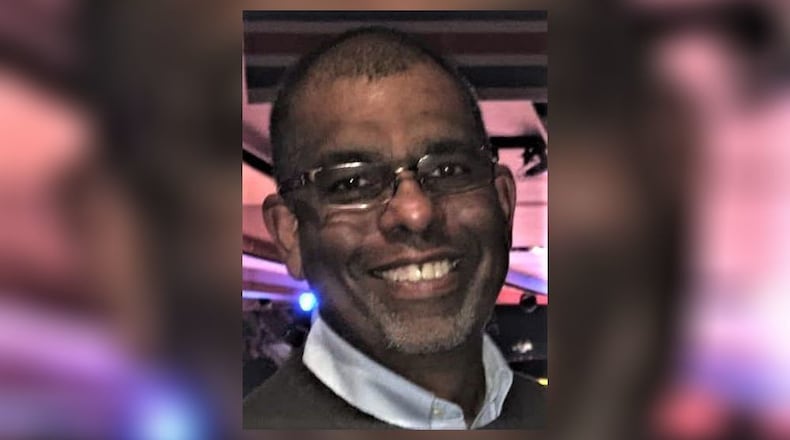But behind the scenes, the Ohio League of Women Voters is busy determining what it would take to create an independent body — without politicians — to handle redistricting.
That can’t happen soon enough.
“It seems that politicians are just not going to put voters in the state of Ohio first,” Jen Miller, the league’s executive director, said. “It’s just too tempting to rig maps in their favor and their friends’ favor.”
Here’s a refresher. In 2015, Ohio voters, in a bipartisan manner — and by an overwhelming 71 percent — voted to approve a constitutional amendment that would stop partisan redistricting that “unduly favors or disfavors a political party or its incumbents.”
But Ohio Republican lawmakers have essentially said “we don’t care” about what voters want. As the majority on the state’s redistricting commission, they have routinely approved maps the Ohio Supreme Court has ruled unconstitutional and dared the court to take action (it should have thrown some people in jail for contempt, but that’s another column).
The Statehouse News Bureau reported the newest redistricting map “creates 10 Republican districts, three Democratic districts, and two toss-up districts that lean in favor of the Democrats. That gives Republicans a 66% advantage for Ohio’s congressional delegation in a state that splits 54% Republican and 46% Democratic.”
That’s not fair. That’s rigging the system in a way voters said they didn’t want.
Redistricting fades from the public consciousness because media coverage tends to focus on map drawing, gerrymandering and the other complexities of the process.
All of those issues overshadow a more significant point, one we need to hammer home: The people you elected don’t care what you want.
If they can ignore you on this, what else might they try?
No, rigging the system isn’t just a Republican issue. Democrats in blue states pull the same stunts, and it’s just as reprehensible. But we’re talking about Ohio, a state controlled by a GOP that rebuffs the wishes of their own since most Republican voters want a fair process.
Miller knows getting another measure on the ballot will take time. The League of Women Voters and the groups it works with need to build public support, raise money and convince voters this is an issue worth their time and concern.
Then comes the hard part. How do you create a process that’s balanced and insulated without politicians?
That’s a tough one. Does “without politicians” mean you can’t serve if you’ve held elected office?
What’s balanced? Some states have small independent commissions, and others large ones. What’s the right mix of registered Republicans, Democrats and Independents while also understanding the two major parties get the same number of seats on the commission?
Insulated may be the most important of all. That means lawmakers and the Governor would be required to fund the commission while prohibited from overriding the maps the commission creates. They’ll hate that, which is why I love it.
“We want to construct the language, and the policies, in a way that we think will be effective but also attractive to the general public.” Miller said. “We want to build a large coalition.”
An analysis by Washington Post found that redistricting commissions free of political interference drew more fair and competitive districts.
I hope the independent commission effort succeeds because voters have already told lawmakers what they want and still got blown off. If you followed redistricting, the commission didn’t even pretend to care about drawing fair maps.
The politicians who have stomped on the people’s will have shown us who they are and proved they don’t deserve to have a duty as important as redrawing districts.
The power should be with the people. The Jen Millers of the world want to ensure that’s the case.
Ray Marcano’s column appears each Sunday on these pages. He can be reached at raymarcanoddn@gmail.com
About the Author
